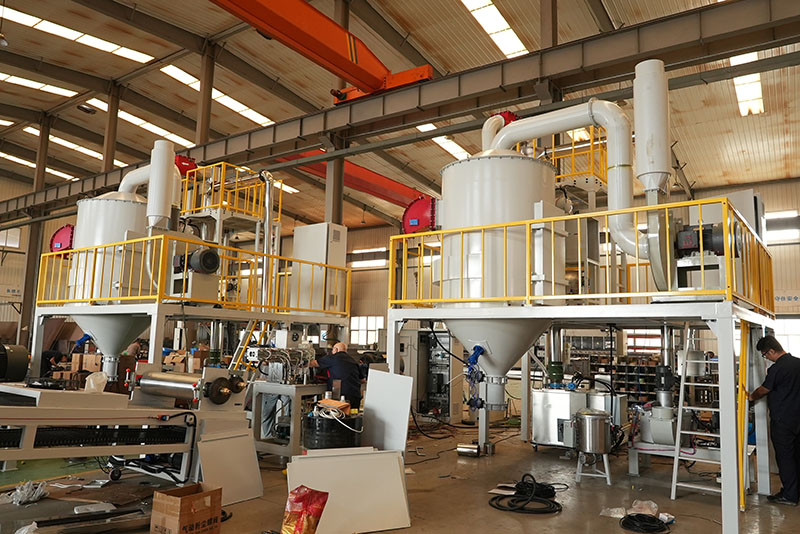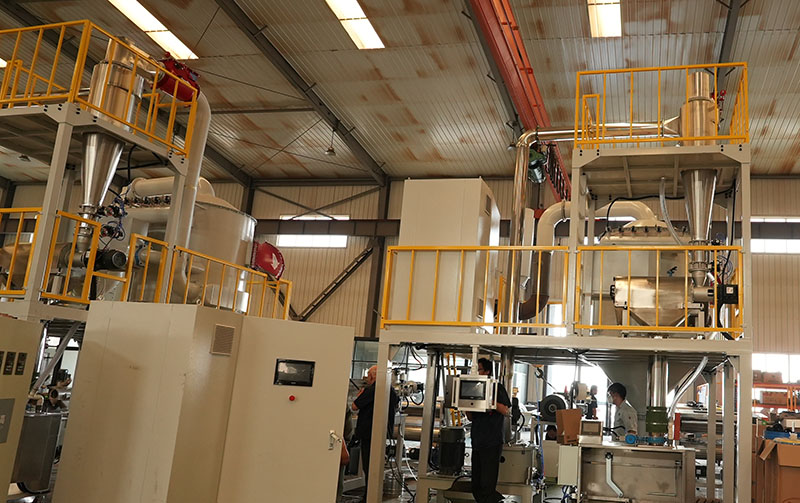Safe Operating Procedures for Powder Equipment
Safe operating procedures for powder equipment are important measures to ensure operator safety and prevent accidents. The following is a set of detailed safety operating procedures for powder equipment, designed to guide the operator to correctly and safely use powder equipment.
First, personal protection
Operators must wear personal protective equipment that meets safety standards, including protective eyewear, dust masks, coveralls, gloves and earplugs.
Smoking, eating or drinking are prohibited in the operation area to prevent powder contamination and poisoning.
Second, equipment inspection
Before starting the equipment, the equipment must be thoroughly inspected to ensure that all parts are intact, wires and cables are not broken, and fasteners are not loose.
Check whether the power cord and plug of the equipment are damaged or worn to ensure good electrical connection.
Confirm that the emergency stop button and alarm device of the equipment are functioning properly so that the power can be cut off quickly in case of emergency.

Third, the operation standardization
Operate in strict accordance with the instruction manual of the equipment, and do not change the equipment settings or operation process without authorization.
During operation, avoid direct contact with high-temperature parts and rotating parts to prevent scalding and pinching.
It is forbidden to carry out maintenance and repair work when the equipment is running, if such work is needed, the power supply must be cut off first and a warning sign must be hung.
Operators should keep sober, prohibit drinking and gambling in the work, in order to prevent accidents.
Fourth, environmental control
The operating environment should be well ventilated and exhausted to prevent powder accumulation and explosion.
Suitable fire-fighting equipment should be placed in the operation area and its effectiveness should be checked regularly.
It is prohibited to pile up flammable and explosive articles and sundries in the operation area to prevent fire and accidents.

Fifth, Waste Disposal
Waste generated during operation should be collected to the designated place and properly disposed of according to regulations.
Waste should be stored in special containers with obvious warning labels.
It is prohibited to discard or pour the waste into public facilities such as sewers.
Sixth, training and assessment
Operators should receive professional safety training and assessment, and be familiar with the safety operation procedures of the equipment and emergency treatment measures.
The company should organize regular safety training and drills to improve the safety awareness and emergency handling ability of the operators.
To summarize, the safety operation regulations of powder equipment are an important guarantee to ensure the safety of the operators and the normal operation of the equipment. Operators must strictly abide by these regulations to ensure the safety and smooth running of the production process.


